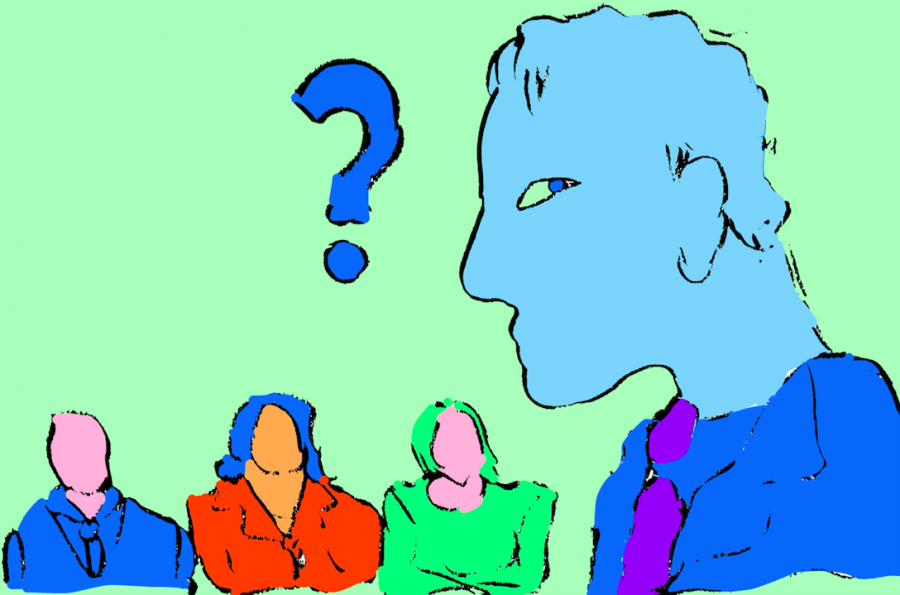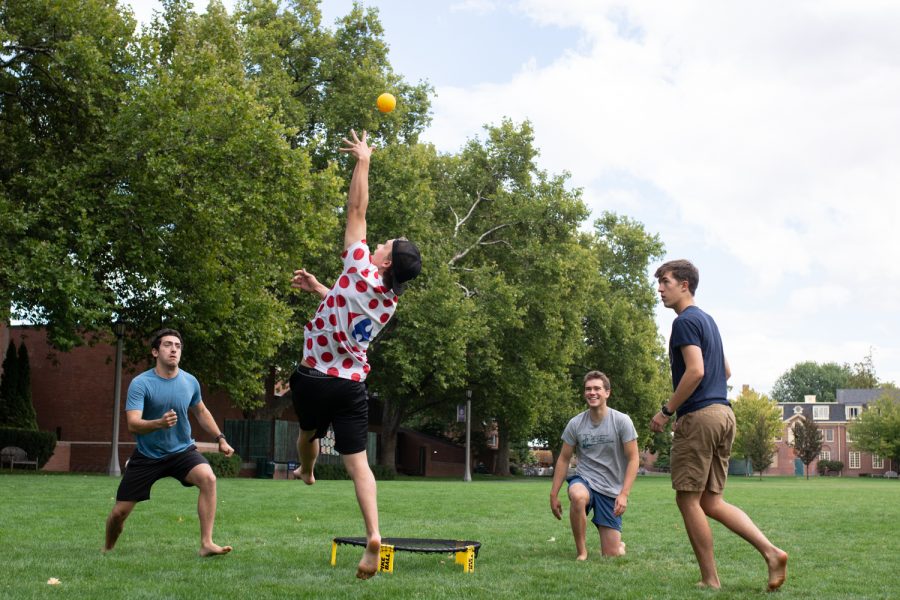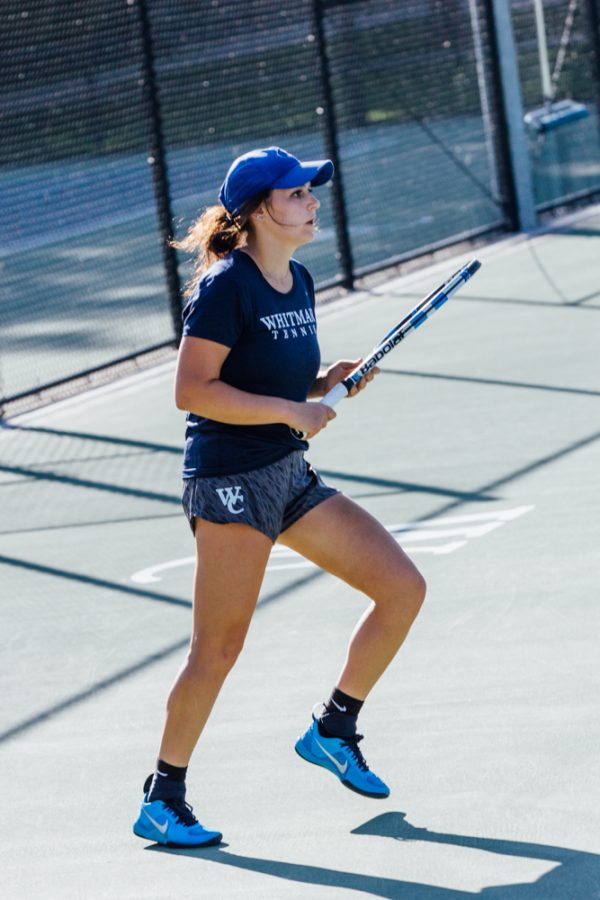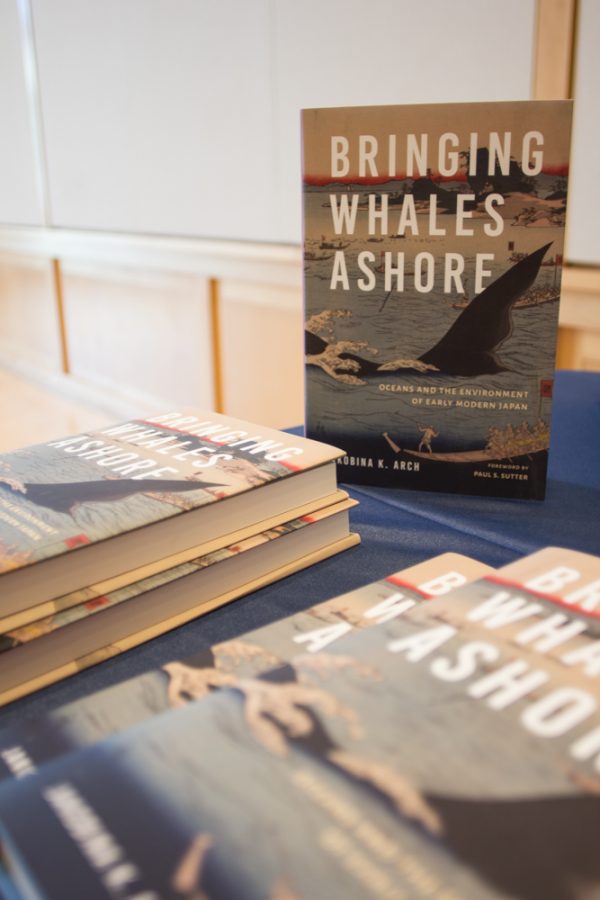Note: this is one part of two updates. I have spent the past several days in a rural village where access to internet has been limited, so this first post is about the week before, and the next will be a reflection on my stay in the village.
Hello Whitman! I am currently writing from a really tiny village in between Fqih Ben Saleh and Beni Mallal, located about four hours from Rabat. The town is located in a lovely area known as “the triangle of death,” named as such for the high number of deaths that occur in attempts to make it to Europe. The nickname doesn’t stop anyone from trying, though. Every family in this village has at least one family member in Italy or Spain. Many of the migrants come back for the summers to share the wealth that they gain in Europe, and while outside the village does’t look like much, the interior of homes are pretty nice. I’m staying with two other SIT students in a home (that has air conditioning!) belonging to one of the village leaders. I have two younger host brothers and two younger sisters, and no one seems to speak a lick of English or French. Time to bust out the Darija!
While we’re switching our attention now to the migration by Moroccans to Europe, we just finished up a unit on trans-Saharan migration. We were able to talk to individuals from the Congo, Mali, and Nigeria about their own experiences, and some of their stories were truly harrowing and heartbreaking.
On Wednesday, we met with Dutch students and some of the leaders of the February 20th Movement, Morocco’s branch of the Arab Spring. It was enlightening. Before coming to Morocco, I was told that Morocco was stable, and I simply assumed that meant that Moroccans were content with their government. But I’ve learned that this is not exactly true. While the new king, Mohamed VI, seems pretty legit, we’ve been told that there are some shady practices happening behind closed doors. One graduate sociology student at Mohammed V University explained to me the presence of “les notables,” men with money who hold the real power. He says that all politicians, even those most high up, are heavily influenced by these individuals. In turn, I shared with him the political concept of the revolving door.
One of the more outspoken protesters we talked to was named Youness. As a former film student, he was instrumental in organizing and documenting the February 20th movement. For those of you who want to learn more about the movement, you can watch a documentary featuring interviews with Youness and footage of protests here.







